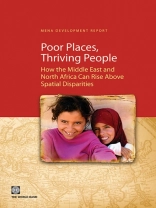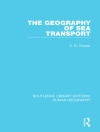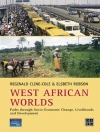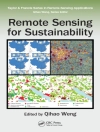Geographical differences in living standards are a pressing concern for policymakers in the Middle East and North Africa (MENA). Economies of agglomeration mean that production is most efficient when concentrated in leading areas. So how can the region reduce spatial disparities in well-being without compromising growth? The solution to spatial disparities lies in matching the policy package to a lagging area’s specific characteristics. Key questions include: is the lagging area problem really as serious as one thinks; is it a problem of low economic opportunity or of poor human development; are lagging area populations close enough to agglomerations to benefit from spillovers; and is there manifest private investor interest? Drawing on the World Bank’s 2009 World Development Report, Reshaping Economic Geography, the book proposes 3 policy packages.First, all lagging areas can benefit from a "level playing-field for development" and investment in people. Geographic disparities in the policy environment are a legacy of MENA’s history, and gaps in human development are a major component of spatial disparities. Smart policies for the investment environment, health, education, social transfers and urban development can therefore close spatial gaps in living standards.Second, lagging areas that are close to economic agglomeration can benefit from spillovers – provided that they are connected. MENA’s expenditure priority is not necessarily long-distance primary connections, but infrastructure maintenance and short-distance connections such as rural roads and peri-urban networks. Public-private partnerships can also bring electronic connectivity to lagging areas.Third, shifting regional development policy away from spatial subsidies towards the facilitation of cluster-based growth will increase the chance of cost-effective impacts.The final chapter of the book examines the institutional prerequisites for effective spatial policy. It argues that MENA’s centralized/sectoral structures are not always adapted to governments’ spatial development agendas, and describes alternative institutional options.
World Bank
Poor Places, Thriving People [EPUB ebook]
How the Middle East and North Africa Can Rise Above Spatial Disparities
Poor Places, Thriving People [EPUB ebook]
How the Middle East and North Africa Can Rise Above Spatial Disparities
购买此电子书可免费获赠一本!
语言 英语 ● 格式 EPUB ● ISBN 9780821384237 ● 出版者 The World Bank ● 发布时间 2011 ● 下载 3 时 ● 货币 EUR ● ID 5845526 ● 复制保护 Adobe DRM
需要具备DRM功能的电子书阅读器












